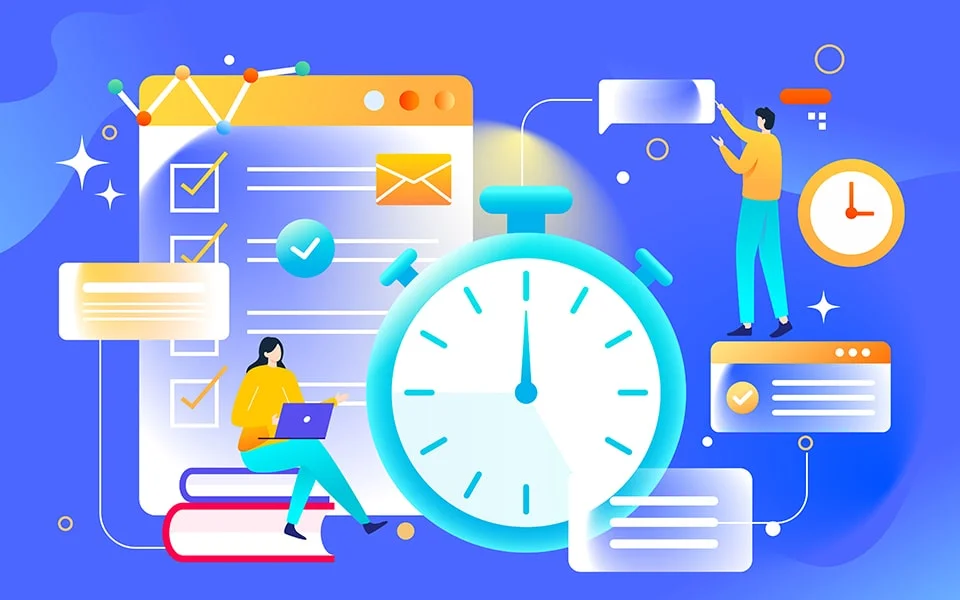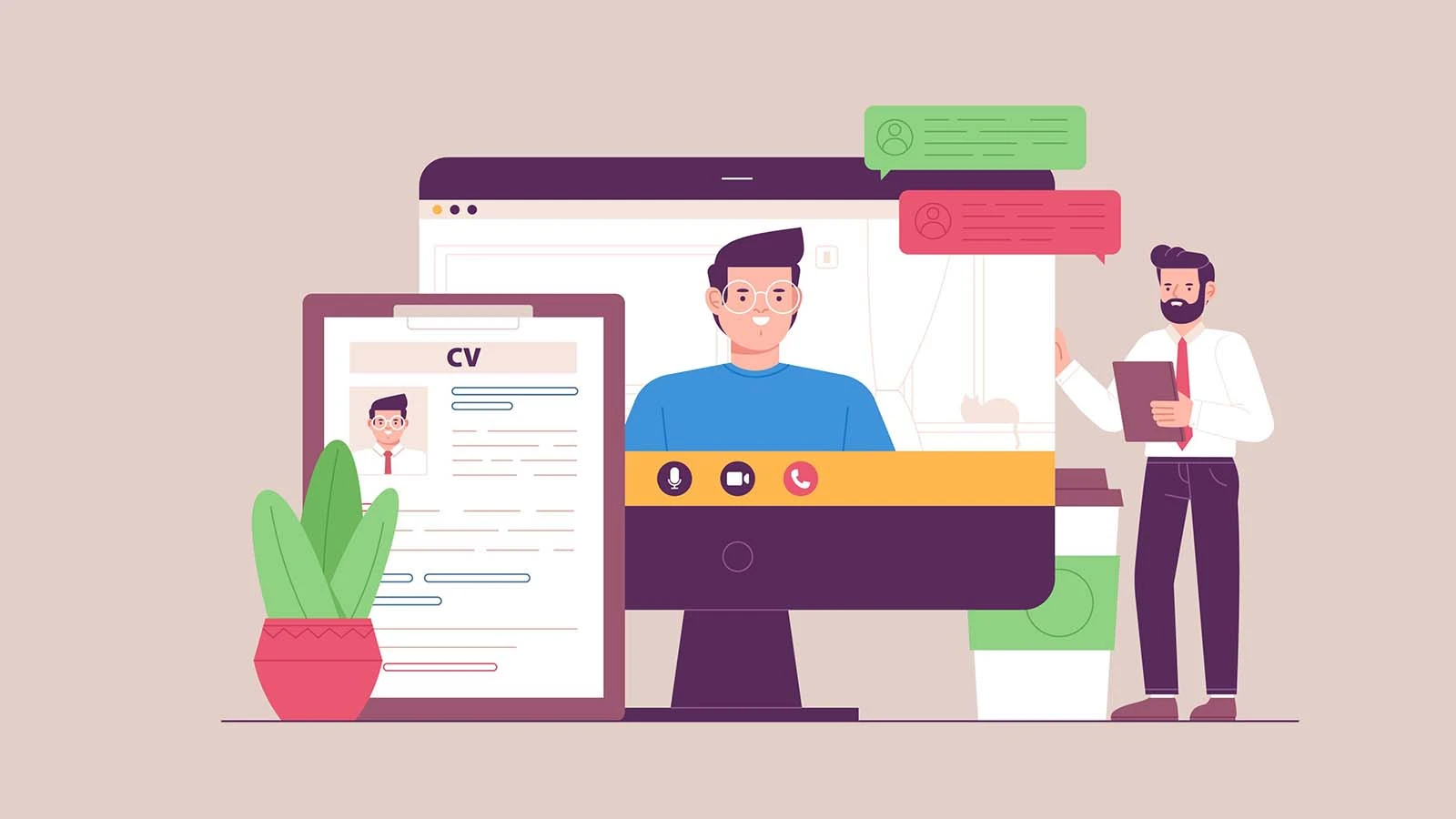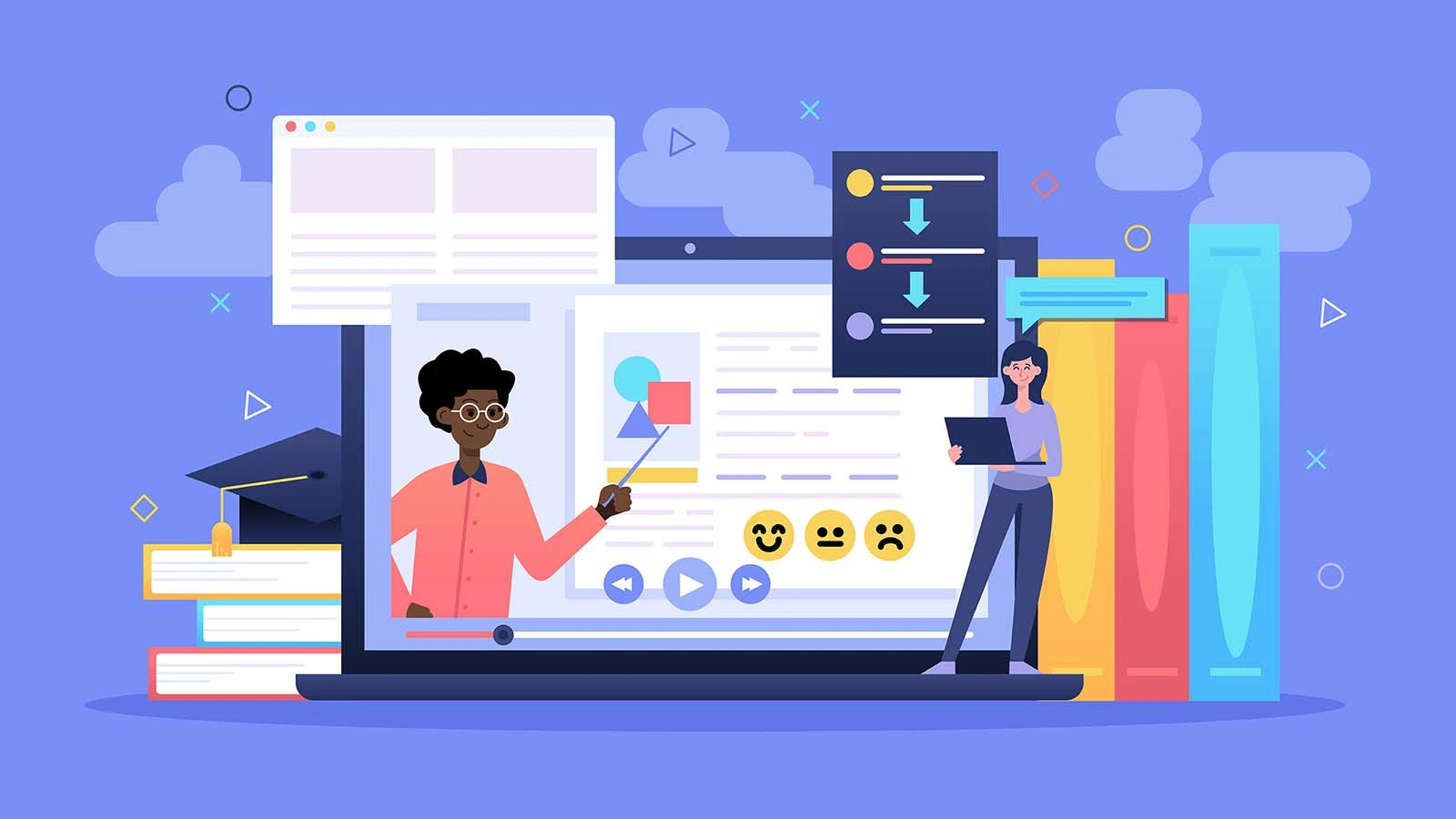7 Telltale Signs That It's Time to Upgrade Your LMS
Rohit Kumar
09 Oct, 2023

In the dynamic world of corporate learning and development, a Learning Management System (LMS) is an essential part of your strategy. It's the hub where employees can access a range of training modules, complete assessments, and track their learning progress. But technology evolves, and so do your organization's and its employees' needs. An outdated or inefficient LMS can hinder employee growth and organizational success.
If you're an HR professional, a learning and development leader, or a CHRO, you know that an outdated LMS can be more of a hindrance than a help. It can slow down learning, limit employee engagement, and even become a financial burden. That's why it's crucial to regularly evaluate your LMS to ensure it's still meeting your needs. In this article, we'll explore seven signs that indicate it's time to consider an upgrade. Each of these signs is a call to action, urging you to address issues before they escalate into major problems.
1. Your Current LMS is No Longer Meeting Your Needs
If your LMS is falling short in delivering the features you need, it's a glaring issue. For example, the system lacks social learning tools facilitating peer-to-peer interaction and knowledge sharing. Collaborative learning is becoming increasingly important in corporate training, and your LMS should be capable of supporting this trend.
Another aspect to consider is whether your LMS can keep up with the latest trends in learning and development. The corporate training landscape constantly evolves, and your LMS should be agile enough to adapt to new methodologies and technologies. If it can't, you're missing out on valuable opportunities for growth and improvement.
2. High Maintenance Costs
You should always consider the financial burden of maintaining an LMS. If you find that the costs of running your current system are spiraling out of control, it's a red flag. That could include licensing fees, the cost of additional modules, or even the staffing required for system maintenance.
Often, companies stick with an outdated LMS because they are familiar with it. However, this comfort comes at the expense of missing out on more modern, cost-effective solutions. It's essential to weigh the costs against the benefits your LMS provides. If the balance is negative, it's time to look for a new system.
3. Lack of Employee Engagement
An effective LMS should engage employees, encouraging them to take an active role in their learning journey. If your current system is not achieving this, it's a sign that you may need to look for a platform with more interactive and user-friendly features. Low engagement levels can also be a symptom of content not resonating with your employees.
In such cases, look for an LMS that allows more personalized learning paths. That will enable you to offer content relevant to individual roles and career goals. Personalization boosts engagement and makes the learning experience more meaningful for each employee.
4. Inadequate Tracking Capabilities
Tracking and reporting are crucial for the success of any learning and development program. You're missing valuable insights if your current LMS lacks robust tracking features. Without proper tracking, it's challenging to measure the effectiveness of your training programs, leading to wasted resources and missed opportunities for improvement.
A modern LMS will offer comprehensive analytics and reporting features that allow you to measure various performance metrics. These metrics can range from course completion rates to the time spent on each module. This data lets you make informed decisions to enhance your training programs.
5. Scalability Issues
As your organization grows, your LMS should be able to scale with it. If your current system struggles to handle increasing users or courses, it's a sign that you need a more scalable solution. Scalability is about being flexible enough to adapt to new business strategies and learning methodologies, not only an increased number of users.
Your LMS should be agile enough to adapt to the changing needs of your organization quickly. Whether it's the addition of new departments or the rollout of new training programs, your LMS should be capable of handling these changes without causing disruptions.
6. Difficulty in Keeping Up with Updates
Software updates are a routine part of any technology. However, if your LMS makes it challenging to implement these updates, it can become a significant issue over time. New features and security are two important reasons to update frequently. An outdated LMS can be a security risk, making your system vulnerable to data breaches and other cyber threats.
Regular updates are essential for maintaining the security and functionality of your LMS. If you find it challenging to keep your system updated, or if you're not receiving adequate support from your provider, it's a sign that you need to look for a more reliable and up-to-date solution.
7. Low ROI
Return on investment (ROI) is critical for any corporate initiative. If your LMS is not delivering a good ROI, it's time to reassess its value. Measuring ROI is about the qualitative impact of your training programs. Are your employees more skilled and engaged? Are they able to apply what they've learned in their roles?
These essential questions can help you evaluate the true ROI of your LMS. If the answers are unsatisfactory, it may be time to look for a better system to meet your needs and deliver a higher ROI.
Why Choose Core Competency?
When deciding to upgrade your LMS, the choice of provider is crucial. Core Competency is a leading provider of learning & development software, talent management solutions, and corporate training services.
Our cutting-edge LMS can meet each organization's unique needs, ensuring that your learning and development goals are met and exceeded. So why settle for an outdated system when you can have the best? Contact us today for a free demo and experience firsthand the difference a state-of-the-art LMS can make in your organization.
Assessment of Behavioural Core Competencies
For example, students struggling with a particular concept could be provided with additional resources or assigned to a different module via the e-learning and learning management system.
Read Blog




